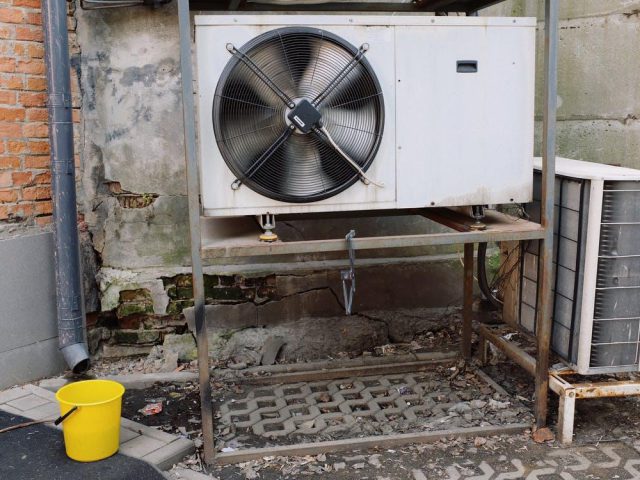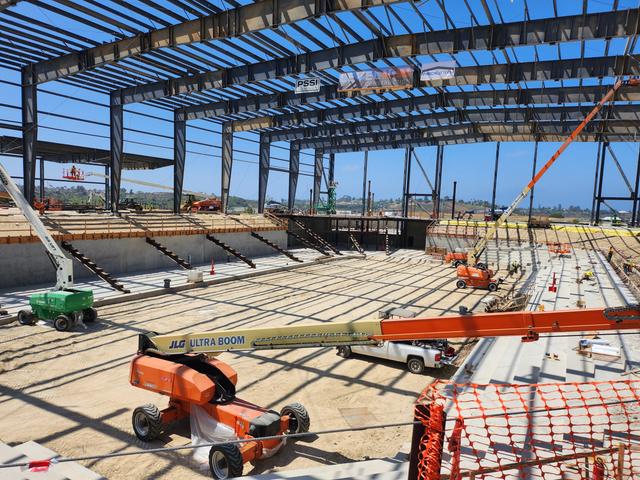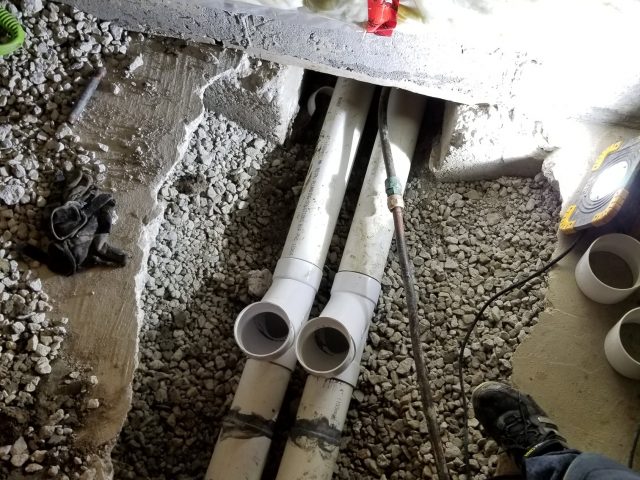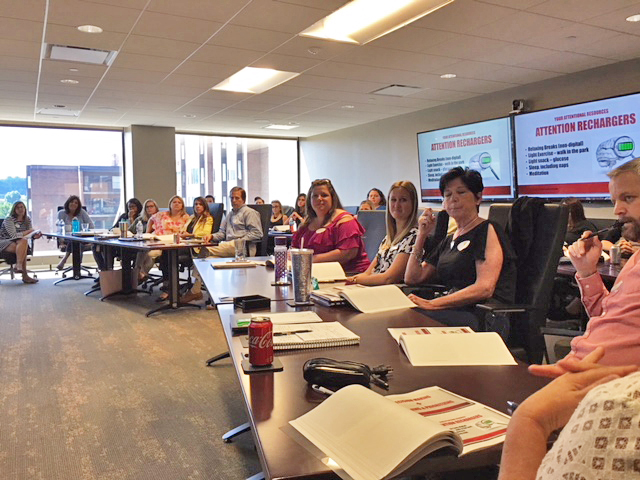Usually, in our environment, air conditioning systems are for life … for the lifetime of the equipment. We know that we who work in the sector and witness how customers want to get every last minute of life to their equipment, ie, as is commonly said, get the juice to the installation.
However, it is necessary to take into account that even an HVAC system that is still in good condition, must be replaced within 15 to 20 years, because as time passes repair costs increase and there comes a point where it is better to invest in a new system.
And it’s not just the cost of repairs. When replacing old equipment with a new one, let’s be sure that energy consumption will be reduced, mainly for two reasons:
- The higher efficiency of modern equipment due to the use of new technologies;
- and the condition of the equipment, which allows it to optimize heat transfer compared to old equipment that loses efficiency for various reasons: wear of the fins of the condensation or evaporation coil, incrustations in water networks that reduce the section through which the liquid flows, generating more work for the pumps.
It is well known that as buildings age, the aim is to extend the useful life of obsolete systems, while at the same time trying to bring these installations up to current standards. But the older a system is, the more problems it presents are greater, even though it may have been well maintained; in the case that they have had poor maintenance, sporadic and unscheduled problems will be greater. Failure to address these problems can have a negative impact on a company.
According to a survey conducted in the United States [ii], almost half of the workers (46%) indicate that they do not feel comfortable in their work environment. Fifty-one percent say that working in an office that is too cold affects their productivity. And 67% say that working in an environment that is too hot does the same.
If we add to this the effects of sick building syndrome, we can determine that losses are generated when employees miss work due to poor indoor air conditions.
Considering this, it is necessary to keep HVAC systems up to date and running smoothly. Let’s keep in mind that nowadays air conditioning is no longer a luxury but a necessity.
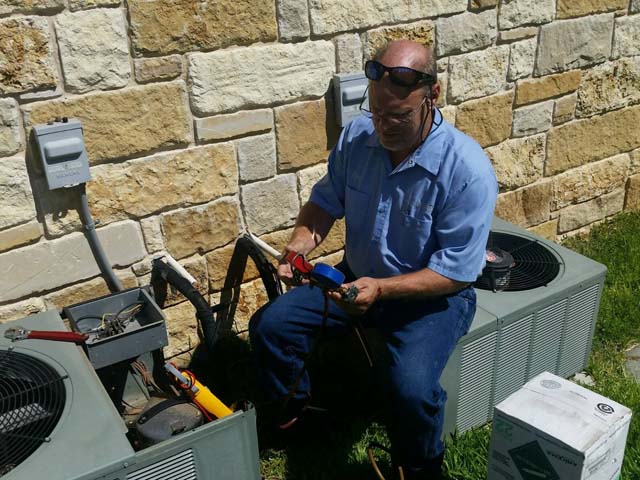
What is the importance of an HVAC system?
HVAC is the mechanical system that controls the environmental conditions within a facility, the heating, ventilation, and air conditioning system. It is a critical system that should never be overlooked. When an HVAC system is working properly, it cools and heats commercial and residential environments, filters and cleans indoor air, maintains humidity at optimal levels, and provides a comfortable indoor environment for occupants. If you want to find great tips and information, check out these guys to learn more.
According to a recent Grainger survey[iii] of facility managers in the United States, 66% consider HVAC to be the most critical area to address in older buildings. Regarding those with older HVAC systems or units, 64% indicated that their biggest problems are inefficient energy use, while 55% said they can’t find replacement parts to repair their existing equipment, and 53% experience frequent breakdowns.
In our environment, although we do not handle surveys or figures, we can assume that the situation is very similar and even more critical if we consider the excessive age of many equipment and facilities, for example, I remember in the year 1995 have found equipment installed in 1958 still in operation in a hospital, or in more recent years have found a team that installed in 1996 still operating, and that were changed only in the year 2021, to no longer be able to be repaired.


